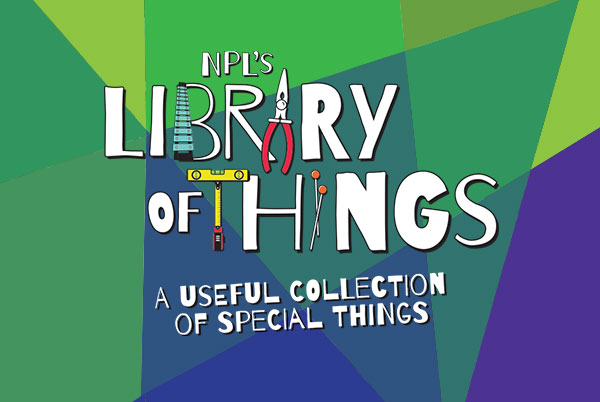
I’ve said it before, and I will say it again: picture books are for everyone. Through relatively simple premises, picture books can shed light on deep truths, or serve as the starting point for nuanced conversations on complex topics. My Uncle is Coming Tomorrow/Mañana viene mi tío is a very simple book that addresses the forced disappearance of citizens by repressive governments.




